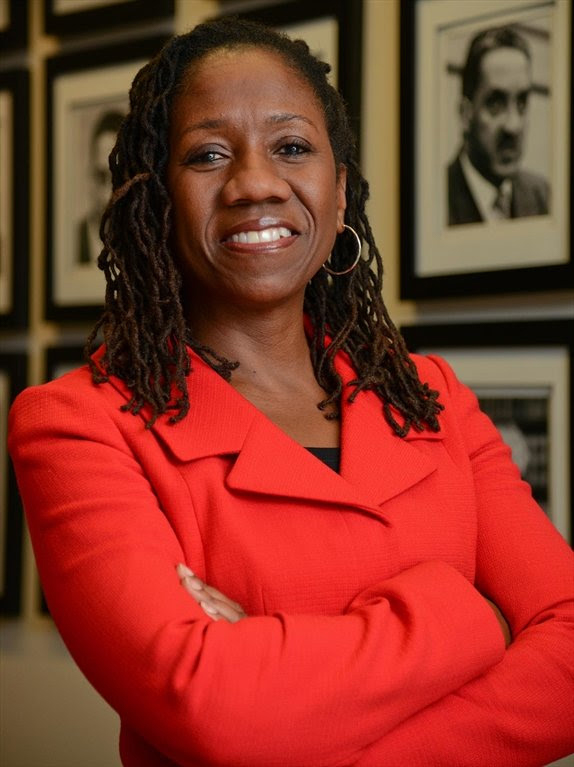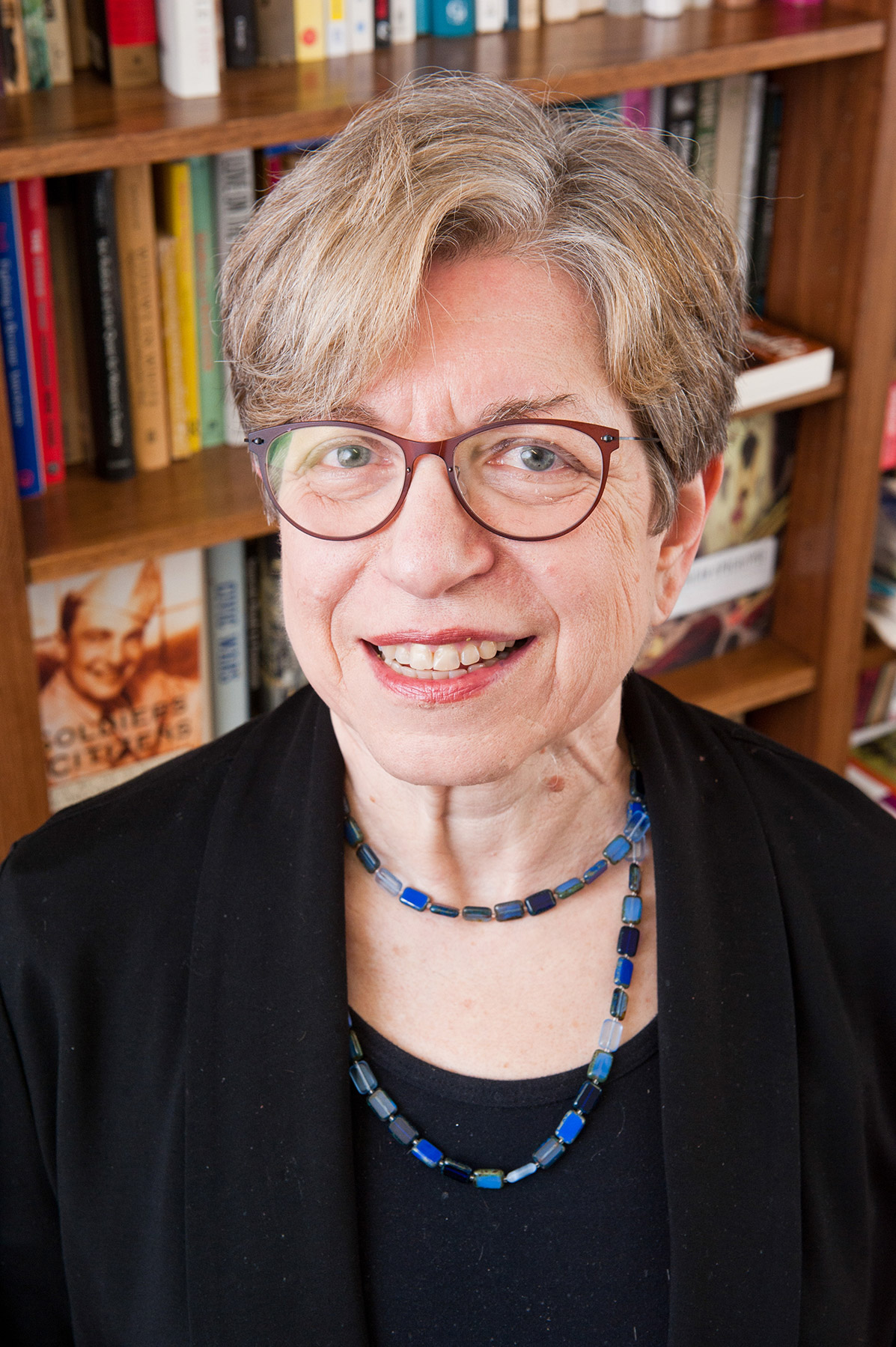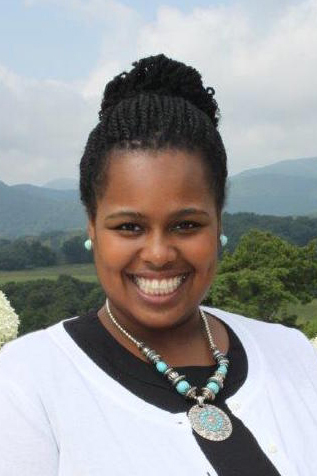VideoAlum, Faculty Panelists Examine Historic and Current Voting Rights Battles
VideoAlum, Faculty Panelists Examine Historic and Current Voting Rights Battles
Using Vassar’s contributions to the women’s suffrage movement as a backdrop, two members of the faculty joined civil rights champion Sherrilyn Ifill ’84 in a conversation about the challenges that still face many voters a century after the ratification of the 19th Amendment to the U.S. Constitution.
More than 500 members of the Vassar community viewed the online conference “Votes for Women: Vassar and the Politics of Voting Rights Past, Present, and Future” on Saturday, September 26. The event was moderated by President Elizabeth Bradley. Members of the panel, in addition to Ifill, were Professor of History Miriam Cohen and Assistant Professor of Political Science Taneisha Means.
Ifill, President and Director-Counsel of the NAACP Legal Defense and Educational Fund, said that while a celebration is warranted for those who took part in the social movement that enabled women to secure the right to vote in 1920, it was important to acknowledge the contributions of activists who carried on the struggle for decades to secure voting rights for Black men and women in many parts of the country. “Despite the passage of the 19th Amendment, most Black women could not vote, so their work continued,” she said.

Ifill pointed to Amelia Boynton, an African American activist whose mother took her to the polls when she was a child in 1920; she was later beaten by police on the Edmund Pettus Bridge in Selma, AL during an historic voting rights march in 1965.
Today, more than 50 years after that march, Ifill noted that voter suppression continues to be a primary focus of her organization’s work, particularly since the U.S. Supreme Court nullified some provisions of the federal Voting Rights Act. “I’ve been a voting rights litigator for 30 years, and I’ve never seen voter suppression like this,” she said.
Cohen, Professor of History on the Evalyn Clark Chair, opened the conference by citing the roles several Vassar students, faculty, and alumnae played in the women’s suffrage movement in the early 20th century. In the spring of 1908, when then-Vassar President James Monroe Taylor refused to allow students to hold a rally for women’s suffrage on campus, student leader Inez Milholland moved the meeting off-campus to a nearby cemetery. The event was publicized by the New York Times and other media. Milholland later became a high-profile figure in the women’s suffrage movement in the years leading up to the ratification of the 19th Amendment.

In addition to Milholland, many other Vassar women, including students Harriot Stanton Blatch (daughter of suffragist Elizabeth Cady Stanton), class of 1878, and Professors Lucy Maynard Salmon, Gertrude Buck, and Laura Wylie all played key roles in the suffragist movement, Cohen noted. But she added that “the National Women’s Party refused to defend Southern Blacks to appease Southern white women and many African American suffragists contended with racism.”
Means said that when she ponders the significance of the passage of the 15th Amendment, which gave African Americans the right to vote in 1870, and the 19th Amendment, which granted that right to women 50 later, “I think of all that was required later in history to give those amendments teeth.”
Means said the struggle to protect and preserve the rights of minorities in the electoral arena continues today. She said that many decisions on voting rights are made by federal judges, and since 2017, President Trump has appointed more than 200 such judges. “Only 51 are women, and 41 of those are white,” Means said. “There’s not much diversity.”

Means is currently writing a book on the role of Black judges in the United States. She revealed that in 24 states, judges on the states’ highest courts are all white, including states where people of color comprise more than 25 percent of the population. She said it was crucial for voters to educate themselves about down-ballot candidates running for these and other offices that are part of the criminal justice system, such as sheriff and district attorney.
Ifill echoed this theme when asked by Bradley to comment on why so many citizens fail to go to the polls because they don’t believe their vote will make a difference. She said many voters pay attention only to high-profile races like those for president or senator, neglecting to appreciate that those who hold many state and local offices actually have more impact on their day-to-day lives. “Even the most ardent voters often fail to use their power,” she said. “We’re about to see evictions across the country, and the ones responsible for carrying out those evictions are sheriffs, but most people are only excited about the [presidential election].”
Ifill said she remained optimistic, however, that efforts to stop people from exercising their right to vote would ultimately fail. “This is a time of grassroots activism and a time of civil rights lawyering, and that combination has always led to political transformation,” she said. “If we get this right, this is a powerful moment.”